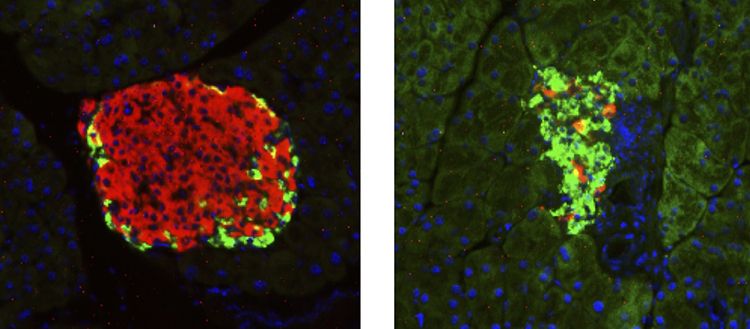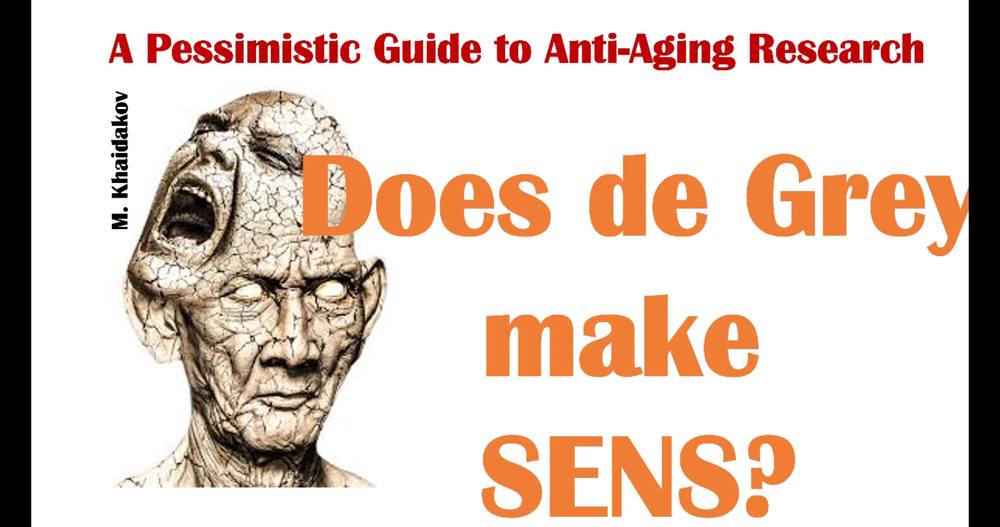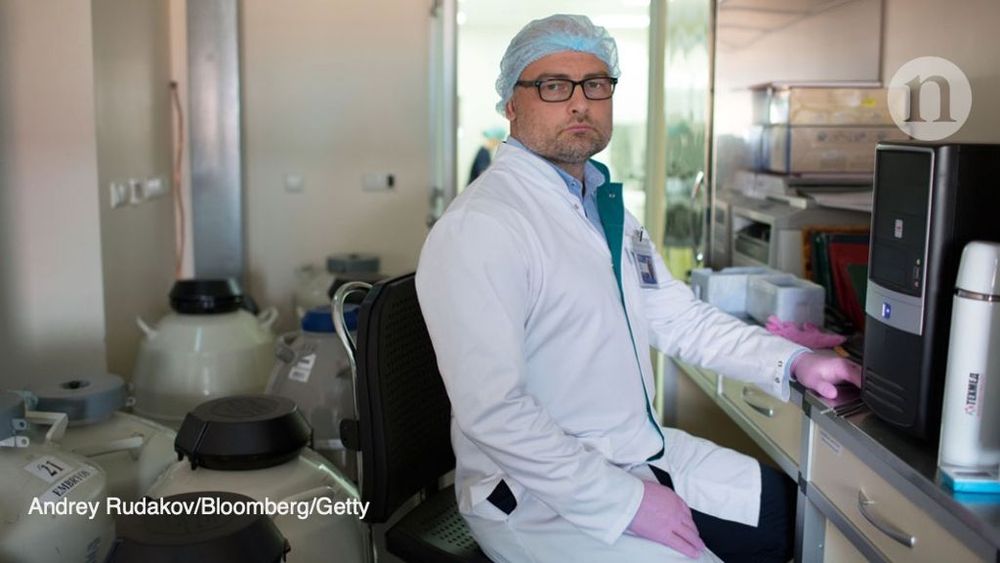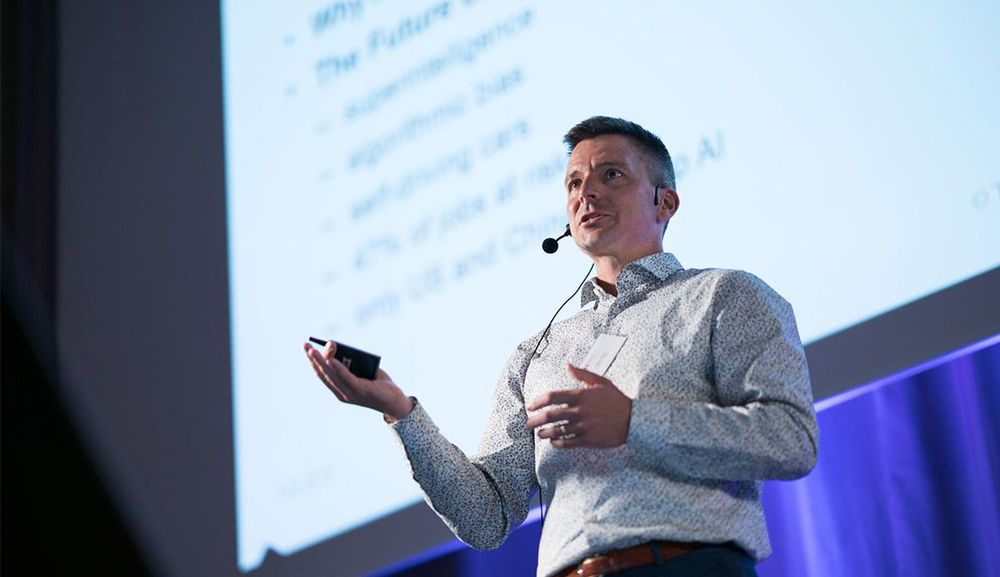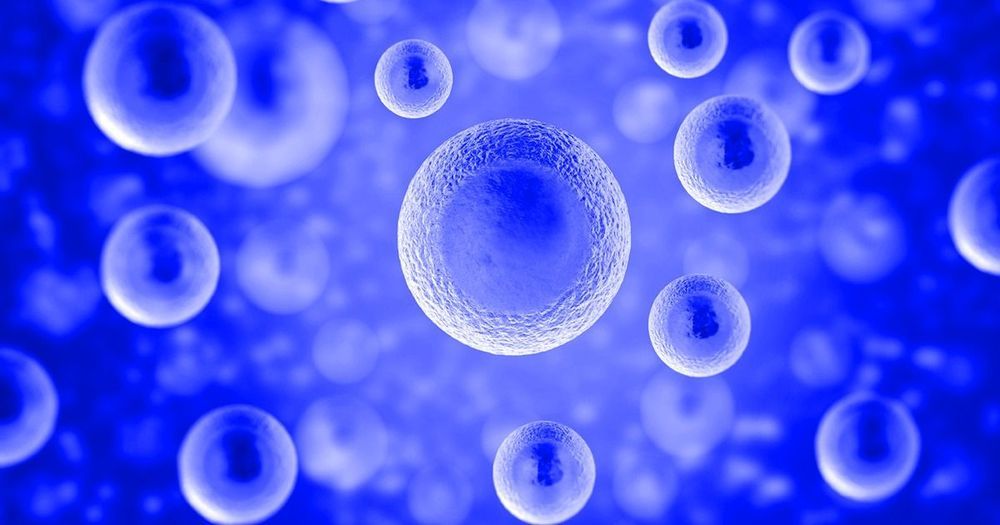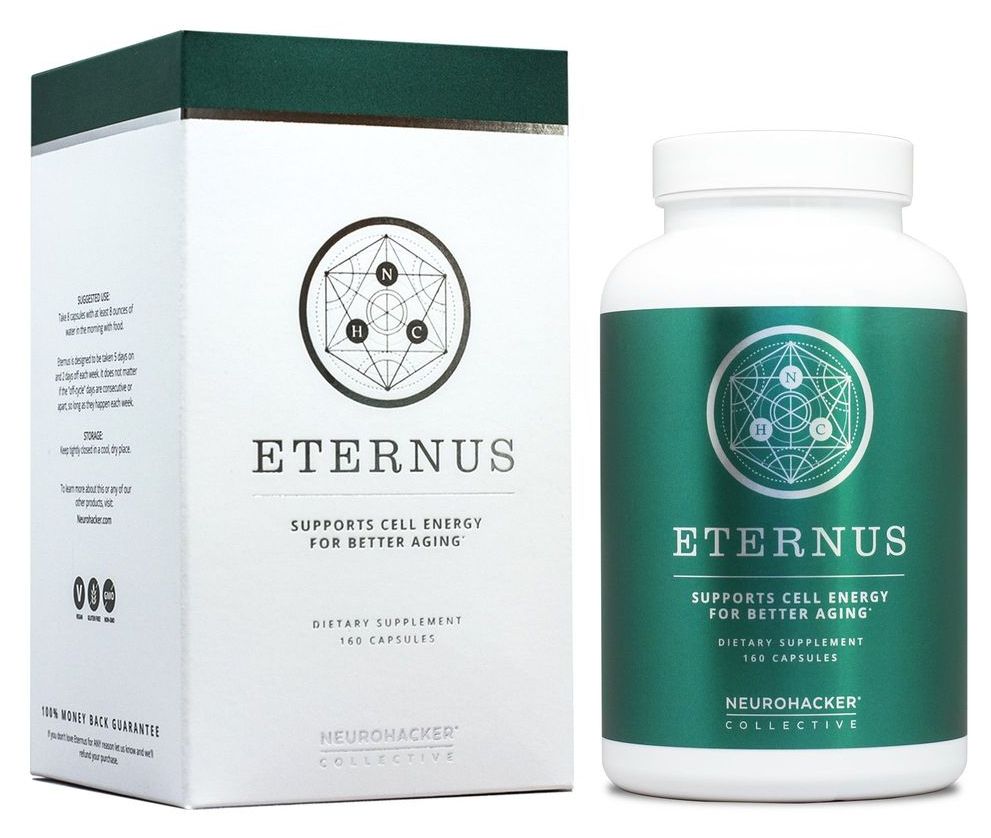Playing with a simple bean machine illustrates how deterministic laws can produce probabilistic, random-seeming behavior.
Page 7359
Oct 18, 2019
Flexible, wearable supercapacitors based on porous nanocarbon nanocomposites
Posted by Paul Battista in categories: biotech/medical, nanotechnology, wearables
Evening gowns with interwoven LEDs may look extravagant, but the light sources need a constant power supply from devices that are as well wearable, durable, and lightweight. Chinese scientists have manufactured fibrous electrodes for wearable devices that are flexible and excel by their high energy density. Key for the preparation of the electrode material was a microfluidic technology, as shown in the journal Angewandte Chemie.
Dresses emitting sparkling light from hundreds of small LEDs may create eye-catching effects in ballrooms or on fashion shows. But wearable electronics can also mean sensors integrated in functional textiles to monitor, for example, water evaporation or temperature changes. Energy storage systems powering such wearable devices must combine deformability with high capacity and durability. However, deformable electrodes often fail in long-term operation, and their capacity lags behind that of other state-of-the-art energy storage devices.
Electrode materials usually benefit from a fine balance of porosity, conductivity, and electrochemical activity. Material scientists Su Chen, Guan Wu, and their teams from Nanjing Tech University, China, have looked deeper into the material demands for flexible electrodes and developed a porous hybrid material synthesized from two carbon nanomaterials and a metal-organic framework. The nanocarbons provided the large surface area and excellent electrical conductivity, and the metal-organic framework gave the porous structure and the electrochemical activity.
Oct 18, 2019
Diabetes: A Next-Generation Therapy Soon Available?
Posted by Paul Battista in category: biotech/medical
Insulin, a hormone essential for regulating blood sugar and lipids, is normally produced by pancreatic β cells. In many people with diabetes, however, pancreatic cells are not (or no longer) functional, causing a chronic and potentially fatal insulin deficiency that can only be controlled through daily insulin injections. However, this approach has serious adverse effects, including an increased risk of life-threatening hypoglycaemia, and it does not restore metabolic balance. In order to improve therapy, researchers at the University of Geneva (UNIGE), Switzerland, have identified a protein called S100A9 which, under certain conditions, seems to act as a blood sugar and lipid regulator while avoiding the most harmful side effects of insulin. This discovery, that can be read in Nature Communications, paves the way for better treatment of diabetes and could significantly improve the quality of life for tens of millions of people affected by insulin deficiency.
Today, insulin injections are essential for the survival of patients with type 1 diabetes or a severe form of type 2 diabetes. However, this treatment is not without risk: overdose can trigger hypoglycaemia, i.e. a drop in blood glucose levels that can lead to coma or even death. But underdosed, it can lead to equally dangerous hyperglycaemia. In addition, insulin is involved in the control of ketones, elements that are produced when the liver breaks down lipids in the absence of sufficient glucose reserves, which become toxic in too large quantities. In addition, long-term insulin treatments cause excess fat and cholesterol in the blood and therefore increases the risk of cardiovascular disease.
As early as 2010, Roberto Coppari’s team, a professor at the Diabetes Centre of the UNIGE Faculty of Medicine, highlighted the gluco- and lipid-regulatory properties of leptin, a hormone involved in hunger control. “However, leptin has proved difficult to use pharmacologically in human beings due to the development of leptin resistance,” says Roberto Coppari. “In order to overcome this problem, we shifted our focus on the metabolic mechanisms triggered by leptin rather than on the hormone itself.”
Click on photo to start video.
“Does Aubrey de Grey make SENS?” This is episode 12 of my Pessimistic Guide to Anti-Aging Research. I describe (and judge) some elements of A. de Grey’s numerous activities.
Oct 18, 2019
Russian ‘CRISPR-baby’ scientist has started editing genes in human eggs with goal of altering deaf gene
Posted by Genevieve Klien in categories: biotech/medical, genetics
Denis Rebrikov also told Nature that he does not plan to implant gene-edited embryos until he gets regulatory approval.
Oct 18, 2019
5 + 1 Myths about Artificial Intelligence
Posted by Marco Monfils in categories: business, robotics/AI
Maybe interesting.
Few subjects in business and technology are causing as much interest and excitement – or fear and distrust – right now as artificial intelligence. Aalto Leaders’ Insight talked with Teemu Roos, Associate Professor at the Department of Computer Science, University of Helsinki, about a few common myths about AI.
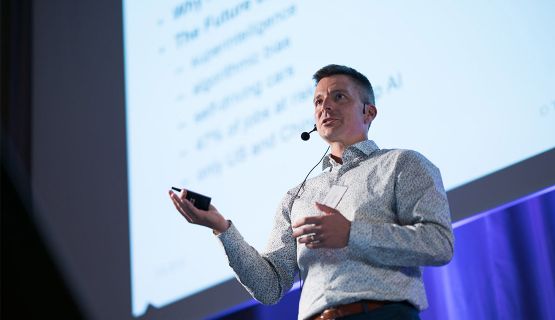
Continue reading “5 + 1 Myths about Artificial Intelligence” »
Oct 18, 2019
Scientists may have discovered parallel universe
Posted by Philip Raymond in categories: astronomy, cosmology, physics, science, space

Scientists believe they may have caught a glimpse of a parallel universe bumping up against ours.
They’ve seen hints in signals from the most distant points of the universe that suggest the fabric of our universe has been disrupted by another incredibly different universe. Their analysis may be the proof for the multiverse theory.
According to researchers: “Dr Ranga-Ram Chary examined the noise and residual signals in the cosmic microwave background left over from the Big Bang (pictured) and found a number of scattered bright spots which he believes may be signals of another universe bumping into our own billions of years ago.”
At least that’s the tentative conclusion researchers have come to. According to some cosmological theories, collisions of alternative universes should be possible. Theories conclude that our universe is like a bubble among many.
Continue reading “Scientists may have discovered parallel universe” »
Oct 18, 2019
A fun update to our MITOMOUSE Campaign!
Posted by Maria Entraigues Abramson in categories: biotech/medical, life extension
Help SENS Research Foundation cure age related disease while winning the opportunity of an unforgettable experience. Donate any amount now smile http://www.lifespan.io/MitoMouse
Oct 18, 2019
Here Are 5 Things You Should Start Doing Today to Live Longer
Posted by Paul Battista in category: life extension
World renowned Harvard professor and anti-aging expert David Sinclair was recently on the Joe Rogan Podcast. For over 2 hours, he discussed some of the keys to maximizing the human lifespan. We’ve condensed his advice into five things you can do right now to battle the aging process with information that is current, researched, and powerful. So if you’ve interested in learning how to maximize your chances to live longer, take a look at the information below.
Oct 18, 2019
Aging and cancer: A surprising two way relationship
Posted by Paul Battista in categories: biotech/medical, life extension
Although aging is the greatest risk factor for cancer, a recent study demonstrates how aging cells might, paradoxically, hinder cancer progression.


